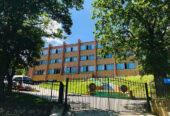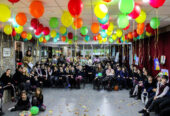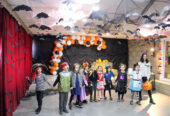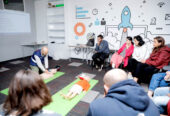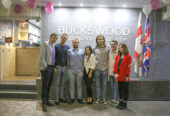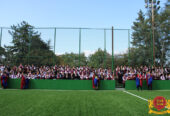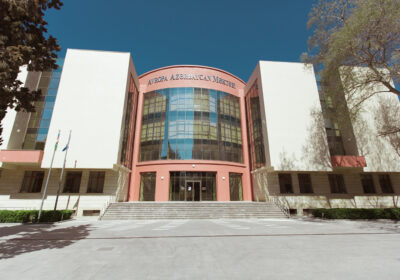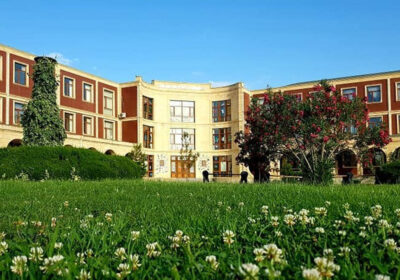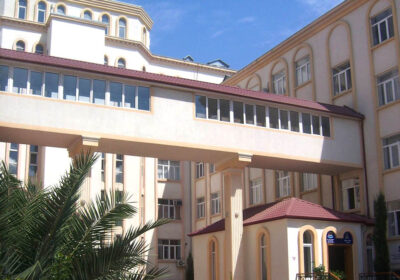Buckswood International School Tbilisi
Overview
- Primary Language: English
- Languages of Instruction: English, Georgian
- Founded: 2000
- Curriculum: British
- Number of Pupils: 700
- Age Range: 5 -18
- Day/Boarding: Day
- Levels: Primary, Middle-School, Secondary
- Average Class Size: 20
- Uniform required: Yes
- School bus service: Yes
- Activities: BIST offers various clubs and activities.
Features:
- Auditorium
- Basketball Court
- Football Field
- Gym
- Swimming Pool
- Desktop Computers in the classroom
- Laptops in the classroom
- Electronic Boards in the classroom
- Projectors in the classroom
Description
Buckswood International School Tbilisi was founded in 2000 on behalf of the United Nations International School in Tbilisi. Since 2007 the school has been relocated to upper Tskneti, where it changed its name to Buckswood in 2009. That is how the learning space on the basis of traditional British education model was created for the first time in Georgia.
The Buckswood International School Tbilisi curriculum is based on the Georgian National Curriculum, as well as the unique traditions of the British school system and European educational innovations.
The teaching approach envisages the use of age-appropriate modern methods, such as VAR and AR technologies, the inverted classroom principle, project-based learning, debates, role-playing / simulation games, and more.
One of Buckswood’s main innovations is the replacement of the traditional classroom concept by the principle of “subject classes”, which involves the distribution of students in the upper grades (grades VII-XII) in all subject areas with different compositions. Students are divided into mathematics and English on the basis of academic achievement, in sports on the basis of the desired type, and in all other subject groups on the basis of house, number and gender balance. This scheme of variable groups ensures the active socialization of students and the development of skills for rapid adaptation to the new environment, which is one of the most necessary and in-demand competencies of the 21st century.








